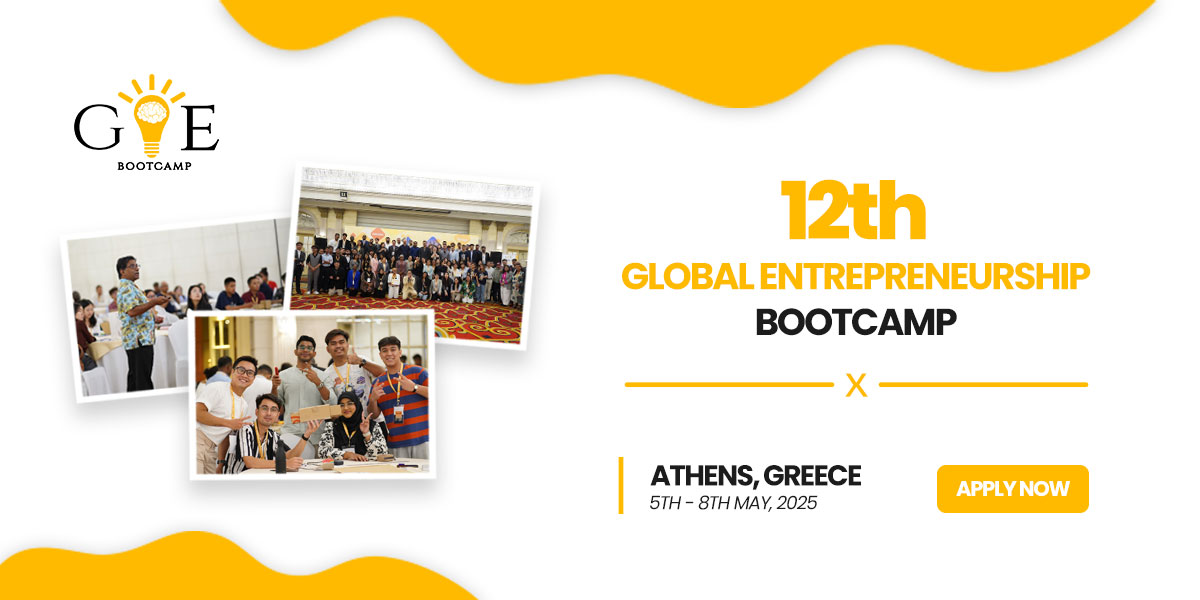
Prepare and Handle A Gap Year: Impact on University Admissions
Details
Prepare and Handle A Gap Year: Impact on University Admissions
Taking a gap year is a fantastic way to gain new experiences and perspectives before diving back into academic life. If you’re considering applying to university after a gap year, your gap year can actually strengthen your application. But a gap year can indeed impact university admissions, but the effect depends on how you prepare and handle a gap year. It can be a transformative experience, but when it’s time to apply to university after the break, having a clear plan is crucial and preparing effectively for university applications after your gap year to ensure it enhances rather than hinders your admissions prospects.
Here’s how to prepare and handle a gap year while effectively approaching the university application process.
Steps to Successfully Apply to University After a Gap Year
1. Reflect on Your Gap Year Experience
Start by reflecting on what you learned and experienced during your gap year. Document your achievements, skills acquired, and personal growth. This reflection will be invaluable as you craft your application and personal statement, showcasing how your gap year has prepared you for university.
2. Research University and Programs
Identify university and programs that align with your academic interests and career goals. Some institutions actively seek students with diverse experiences, so focus on those that value non-traditional backgrounds. Look for university that appreciate the maturity and unique perspectives gap year students bring.
3. Update Your Academic Records and Test Scores
Ensure your academic records are current. Check the validity of any standardized test scores you’ve submitted, as some university have specific timelines. If necessary, retake tests or gather updated transcripts and other relevant documents to streamline the application process
4. Craft a Compelling Personal Statement
Use your personal statement to detail your gap year experiences and how they’ve shaped your academic and personal goals. Highlight specific experiences, lessons learned, and how they’ve prepared you for university. This essay is your chance to show admissions officers how your gap year contributed to your readiness for higher education.
5. Manage Your Application Timeline
Stay organized by creating a timeline for all application components. Keep track of deadlines for standardized tests, transcripts, personal statements, and recommendation letters. Meticulous planning will help you manage the application process efficiently.
Visit More: PASET Regional Scholarship and Innovation Fund (RSIF) PhD Scholarships 2024 (Fully-funded)
Potential Challenges and How to Address Them to Prepare and Handle a Gap Year
1. Application Timing:
- Deferral vs. Reapplication: If you defer admission, you need to follow the university’s deferral policies and maintain communication. If you apply after the gap year, ensure that you keep track of deadlines and provide a clear narrative about how the gap year benefited you.
2. Perceived Lack of Purpose:
- Unstructured Gap Year: If a gap year is perceived as unstructured or aimless, it may not positively impact your application. It’s crucial to have a plan and show how the gap year was used productively.
3. University Policies:
- Deferral Policies: Some university have specific policies regarding deferrals and gap years. Research these policies beforehand and follow them carefully to avoid complications.
4. Academic Continuity:
- Keeping Skills Fresh: If you’re worried about losing academic momentum, consider engaging in activities that keep your skills sharp, such as online courses, part-time work, or academic projects.
Also Check: Humphrey Fellowship: Global Leadership Development Program
A Strategic Advantage: Leveraging Gap Year Programs to Prepare for University Admission Success
1. Personal Growth: Gap year programs often involve activities that promote personal development, such as volunteering, travel, or work experiences. These activities help students develop essential life skills and greater self-awareness.
2. Intercultural Understanding: Travelling or engaging in international programs enhances students’ intercultural competence, which can be a compelling aspect of their university applications.
3. Academic Exploration: Gap years offer opportunities for students to pursue interests outside the traditional classroom setting, allowing them to explore academic fields and career paths in a practical context.
4. Improved Focus: Time away from academics provides students with the space to reflect on their goals and aspirations, leading to a more focused and motivated approach to university studies.
5. Enhanced Maturity: The challenges and responsibilities encountered during a gap year promote personal responsibility and self-reliance, traits that are beneficial for university success.
Click Here: Fulbright Foreign Student Program: Top International Scholarship
Conclusion
A gap year, if managed well, can significantly enhance your university application and provide you with unique experiences that set you apart. Communicate effectively, plan strategically, and document your achievements to ensure that your gap year contributes positively to your university admissions prospects. Embrace the opportunities that a gap year offers and use them to build a strong, compelling application.
Join us on Telegram for more opportunities!
Specifications
| Type of Opportunity | Scholarships and Fellowships U.S Colleges |
|---|---|
| Country | USA |
| Open to | All |
